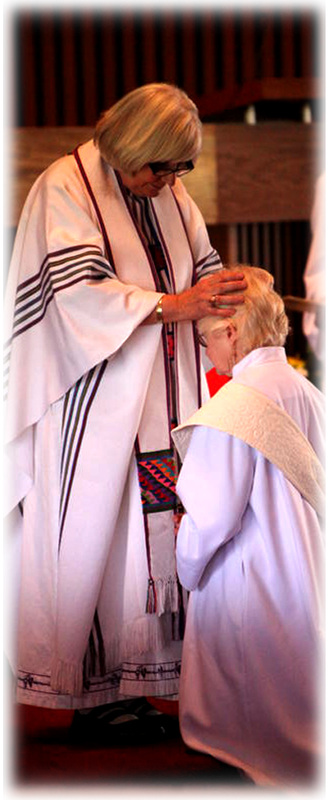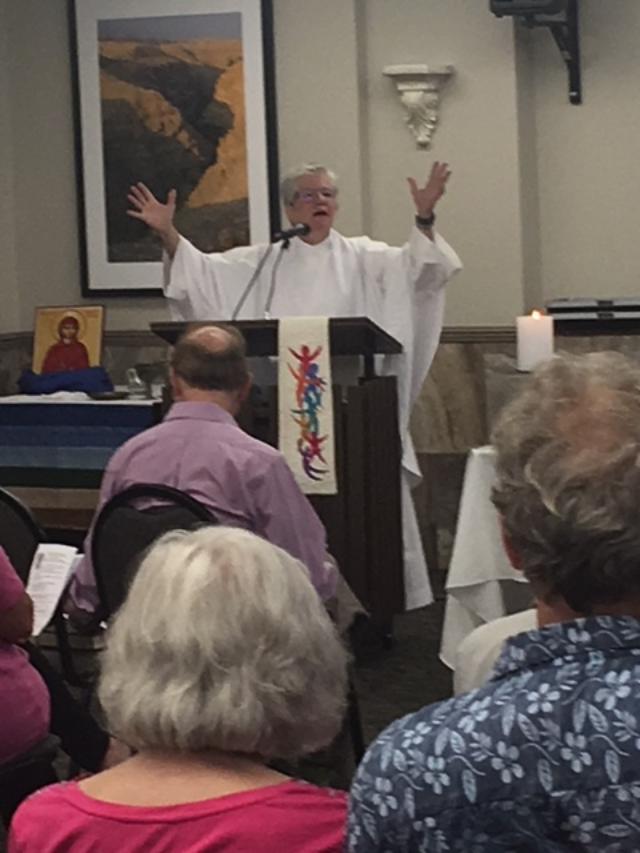Today’s Liturgy of the Word leads us to reflecting on the kind of servant leadership Jesus taught, practiced and expects from his followers. This theme was evident in the Women’s Ordination Worldwide Conference, in Philadelphia, that I attended the last few days. The conference focused on equality for all people in issues regarding respect for gender differences, ordination of women and married men and global justice.
They reaffirmed our decision to use gender neutral names for God whenever possible. I heard a challenge to our community to make our liturgies more inclusive in leadership, based on our baptism into a “priestly people,” a challenge we are eager to accept. It will also help us to be prepared for “priestless” Sundays, led by leaders who are well-prepared and chosen by our community members. Reflection on these issues and practices led me to realize that there is a vast difference between a hierarchical leadership which we were used to and chaos where everyone is equal but do not have a sense of their role in community for the good of all.
We listened to speakers with direct experience of sexual exploitation and discrimination, racial inequality and prejudice with seminaries and religious orders of men and women. Some of the information was difficult to listen to because of the pain that the speakers told about from their own experience and that of others. A panel of women from several different countries - Ireland, India, United States, Australia, African - who had been sexually abused by priests and seminarians told of how it had effected their lives and how difficult it was to deal with being treated by church and civil authorities as not worthy of their attention. A panel of priests who had been laicized and, or defrocked for their support of women’s ordination told of they had dealt with the pain they experienced.
A women who had done much research on discrimination against African-American women in religious orders in this country, shared several examples. It was embarrassing to hear that this has gone on and is not completely eliminated.
On the other hand it was wonderful to be with women and men who are strong in standing up against discrimination because of sexual orientation, gender or race. Roman Catholic women priests and bishops from different groups shared stories and enjoyed each other’s company.
I got important information about Global Ministries University which I will share with anyone who is interested.
(At mass on Sunday people shared their reflections on the issues which I brought up. Then we proceeded to the Liturgy of the Eucharist.)
Maria Thornton McClain, RCWP
September 20, 2015
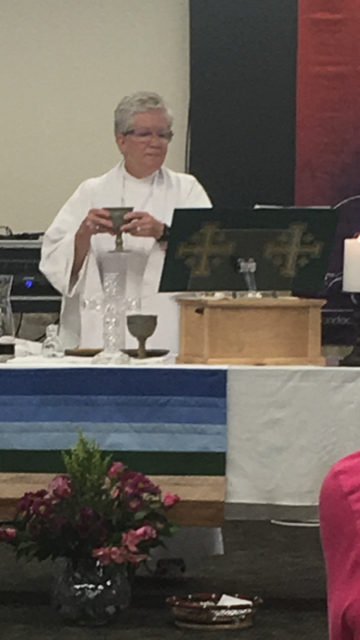
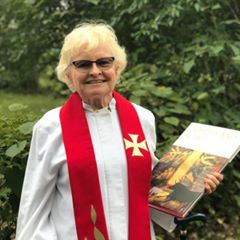
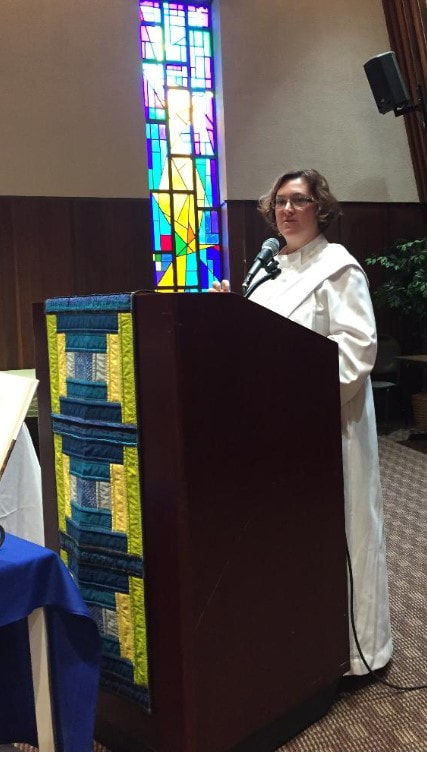
 RSS Feed
RSS Feed
